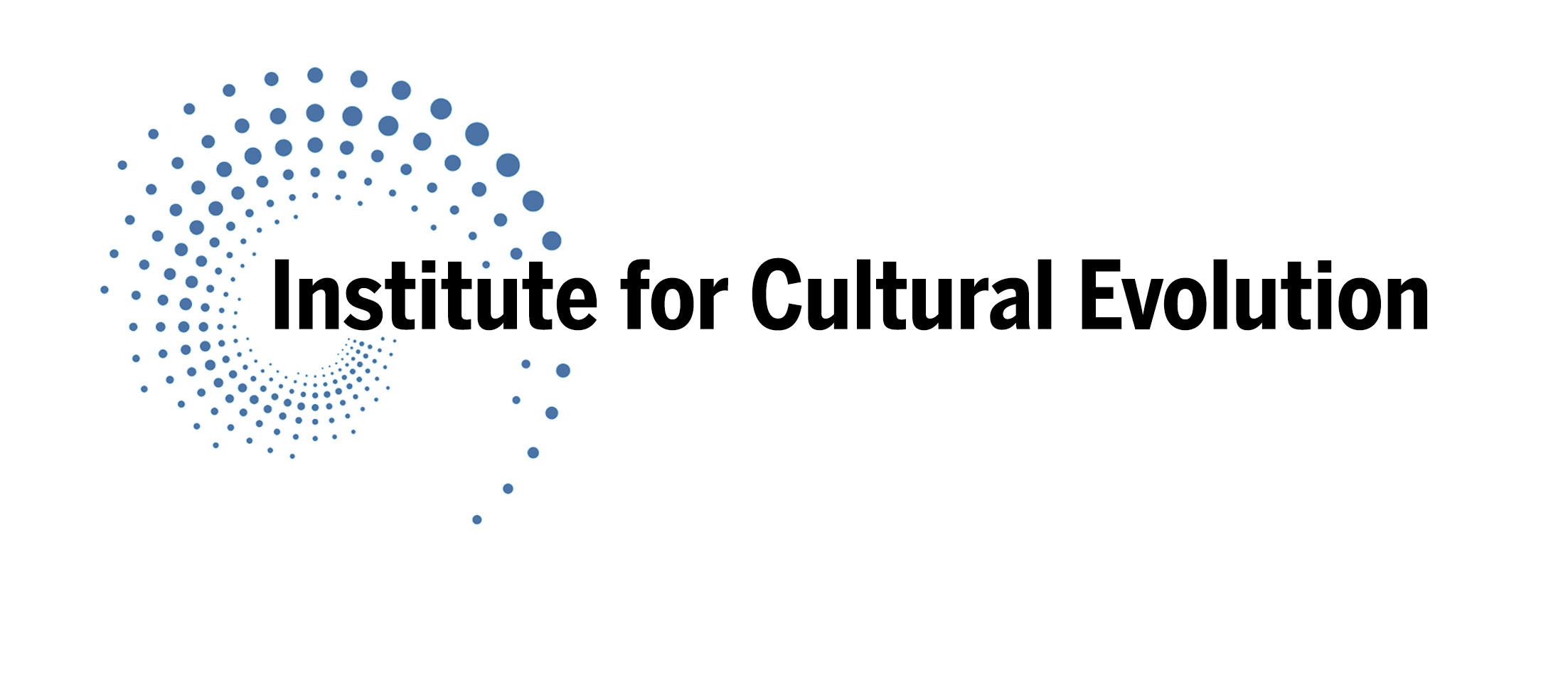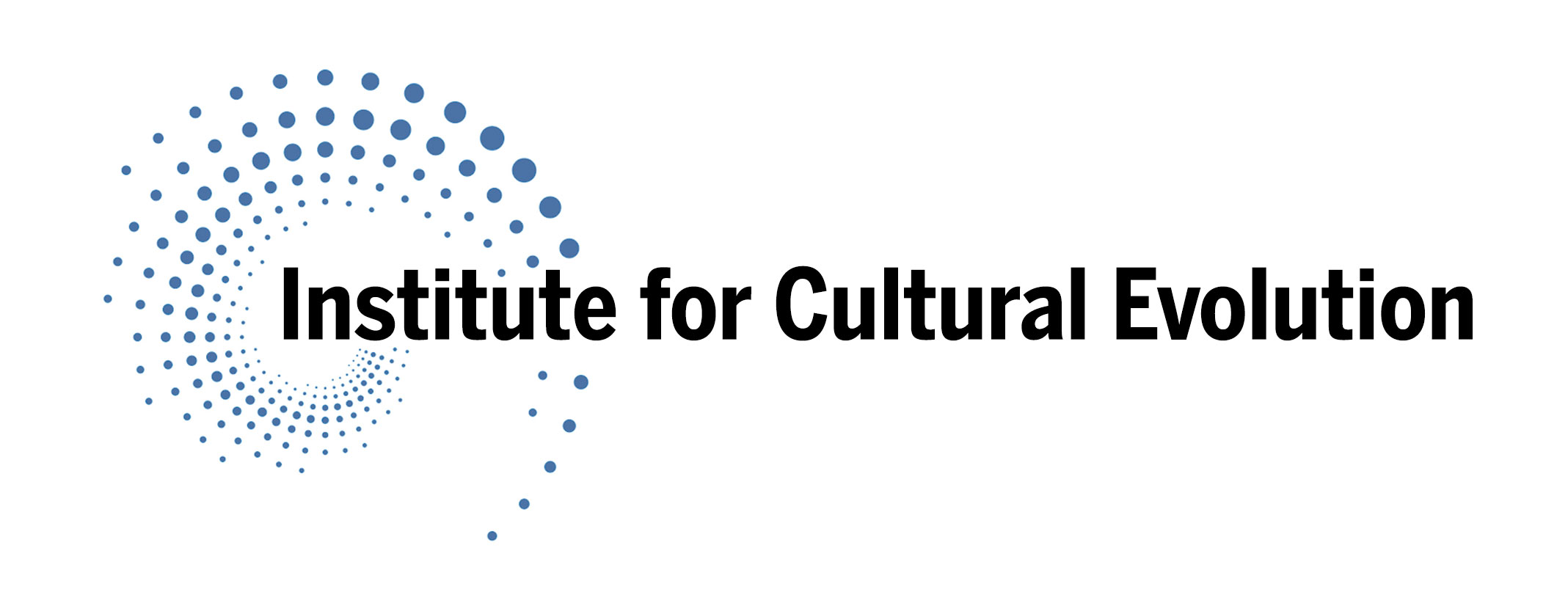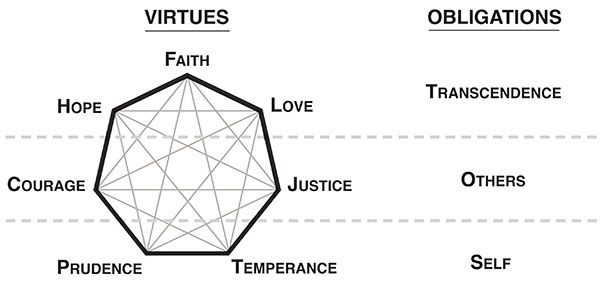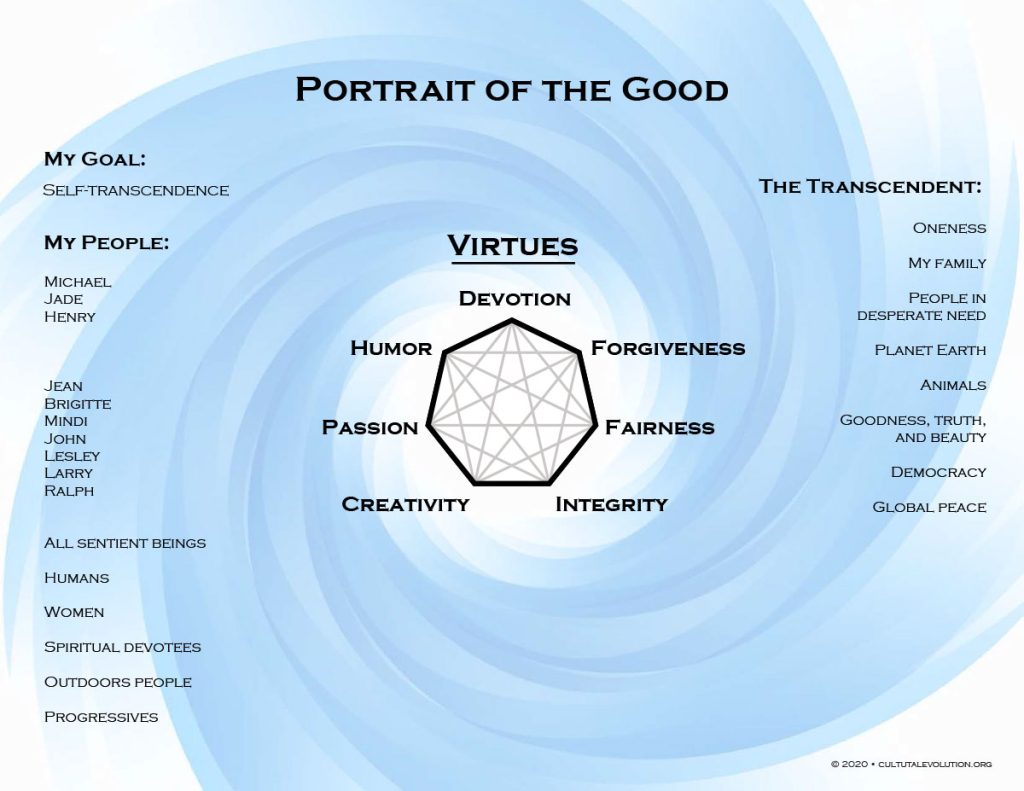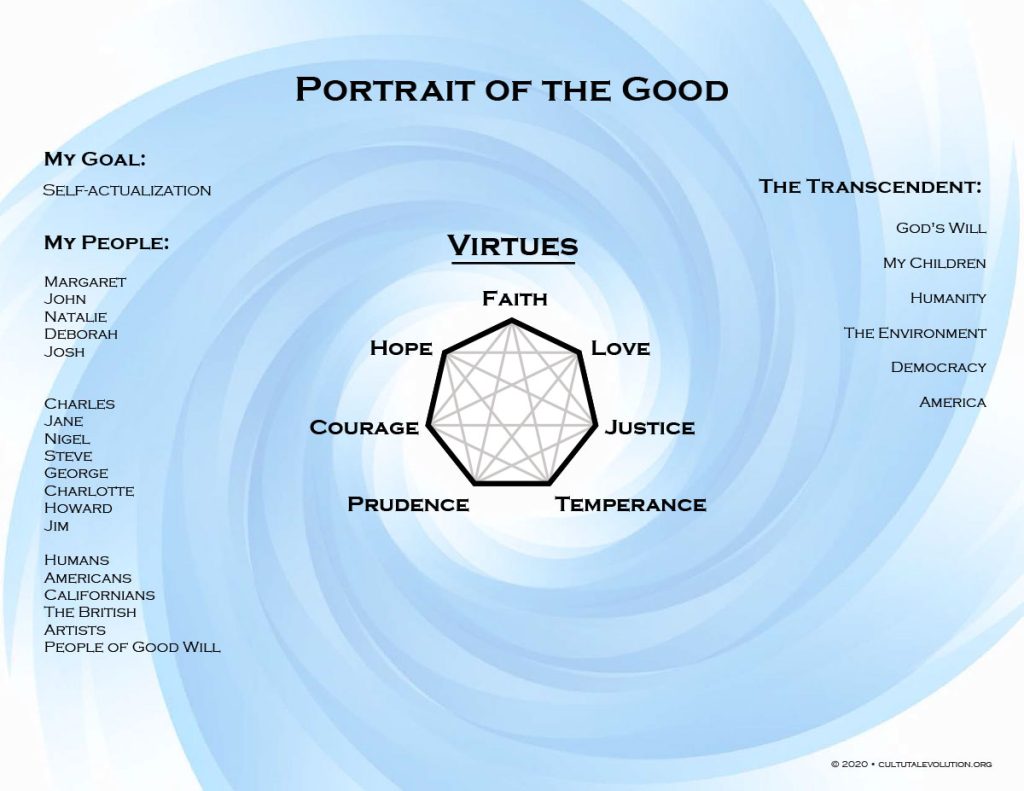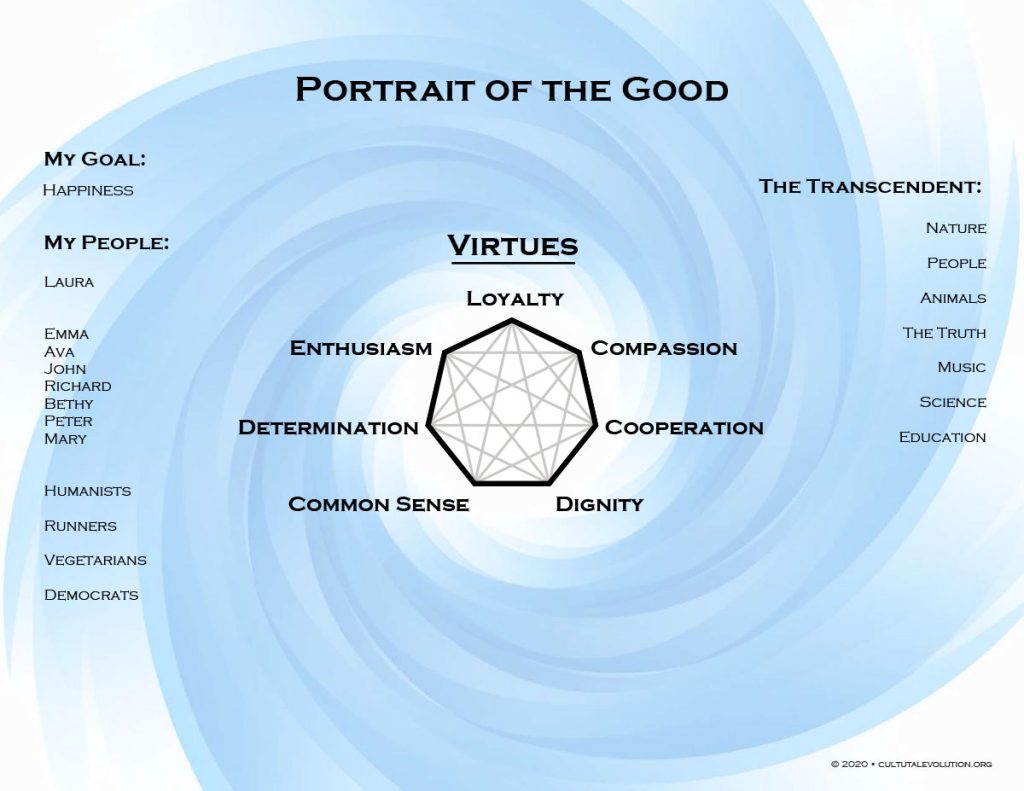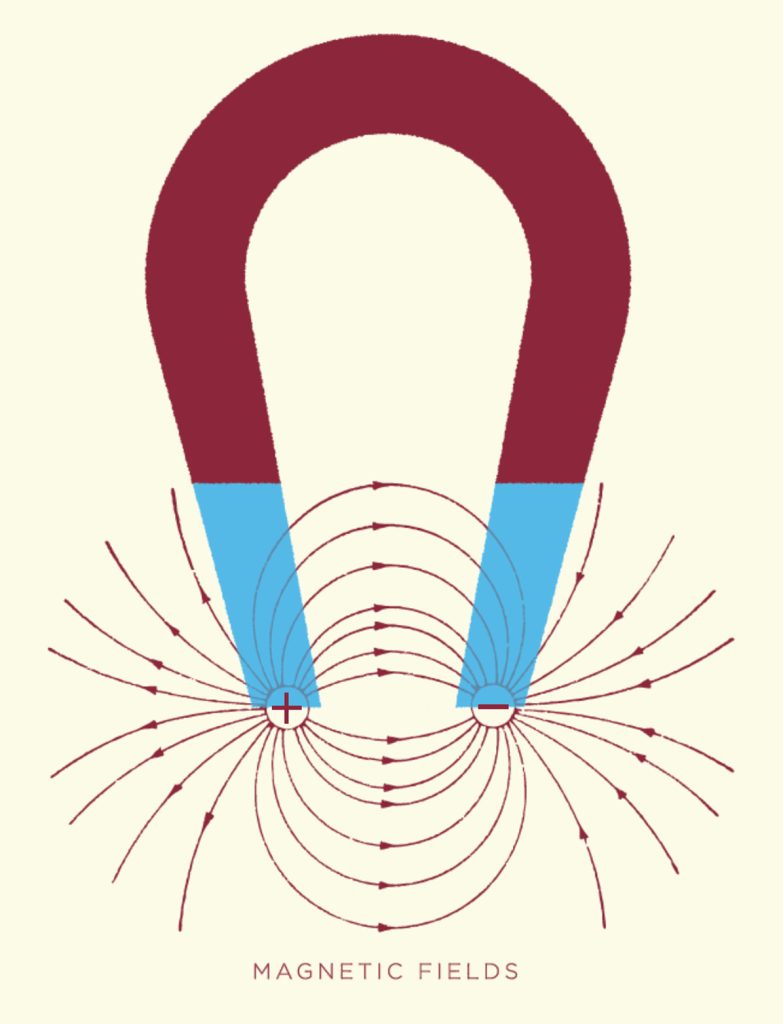 Hyper-partisan political polarization in America has been described as a “wicked problem” because there are many causes and no straightforward solutions. Although much has been written about the problem, the literature can be loosely divided into four categories: (1) Descriptions of the problem (typically backed by political science research), (2) Structural solutions to the problem (usually focusing on congressional redistricting and primary reform), (3) Process solutions (which encourage civil discourse and relationship building), and (4) Values solutions (which address the underlying causes of the culture war). This selected reading list accordingly highlights on-line articles that are representative of each category.
Hyper-partisan political polarization in America has been described as a “wicked problem” because there are many causes and no straightforward solutions. Although much has been written about the problem, the literature can be loosely divided into four categories: (1) Descriptions of the problem (typically backed by political science research), (2) Structural solutions to the problem (usually focusing on congressional redistricting and primary reform), (3) Process solutions (which encourage civil discourse and relationship building), and (4) Values solutions (which address the underlying causes of the culture war). This selected reading list accordingly highlights on-line articles that are representative of each category.
Descriptions of the State of Polarization
• Jill Lepore, “Long Division, Measuring the Polarization of American Politics,” The New Yorker, December 2, 2013. http://www.newyorker.com/magazine/2013/12/02/long-division
• Jonathan Haidt and Sam Abrams, “The top ten reasons American politics are so broken,” Washington Post, January 7, 2015. http://www.washingtonpost.com/blogs/wonkblog/wp/2015/01/07/the-top-10-reasons-american-politics-are-worse-than-ever
• Shanto Iyengar and Sean J. Westwood, “Fear and Loathing Across Party Lines: New Evidence on Group Polarization” (June 2014). http://pcl.stanford.edu/research/2014/iyengar-ajps-group-polarization.pdf
• David Blankenhorn, “Polarized Thinking Is No Way To Run a Democracy,” Deseret News National, July 25, 2014. http://national.deseretnews.com/article/2070/Polarized-thinking-is-no-way-to-run-a-democracy.html?pg=all
Proposed Structural Solutions
• Mickey Edwards, “How to Turn Republicans and Democrats Into Americans: An insider’s six-step plan to fix Congress,” The Atlantic, July/August 2011. http://www.theatlantic.com/magazine/archive/2011/07/how-to-turn-republicans-and-democrats-into-americans/308521
• Alan Abramowitz and Morris Fiorina, “Polarized or Sorted? Just What’s Wrong With Our Politics, Anyway?” The American Interest, March 11, 2013. http://www.the-american-interest.com/2013/03/11/polarized-or-sorted-just-whats-wrong-with-our-politics-anyway
Proposed Process Solutions
• Liz Joyner, “Civil Discourse That Doesn’t Taste Like Broccoli,” Christian Science Monitor, June 11, 2014. http://www.csmonitor.com/Commentary/Common-Ground/2014/0611/Civil-discourse-that-doesn-t-taste-like-broccol
• Jesse Graham, “Interventions to Improve Intergroup Relations: What Works, What Shows Promise, and What this Means for Civil Politics,” CivilPolitics.org Blog January 19, 2015. http://www.civilpolitics.org/content/interventions-to-improve-intergroup-relations-what-works-what-shows-promise-and-what-this-means-for-civil-politics
Proposed Values Solutions
• Steve McIntosh and Carter Phipps, “Depolarizing the American Mind: How America Can Grow Beyond Its Currently Polarized Politics” Institute for Cultural Evolution, April 2014. http://www.culturalevolution.org/political-campaigns/political-polarization
• Jonathan Haidt, The Righteous Mind: Why Good People Are Divided by Politics and Religion, Vintage 2013. http://www.amazon.com/The-Righteous-Mind-Politics-Religion/dp/0307455777
• Council on Civil Society, “A Call to Civil Society: Why Democracy Needs Moral Truths” Institute for American Values, 1998. http://www.americanvalues.org/search/item.php?id=2
• Rich Tafel and Steve McIntosh, “Depolarizing the American Electorate Through Values Integration” Institute for Cultural Evolution Blog, January, 2015. http://www.culturalevolution.org/blog/depolarizing-the-american-electorate-through-values-integration-by-rich-tafel-and-steve-mcintosh

